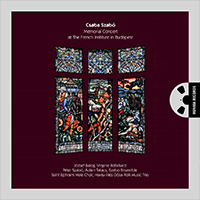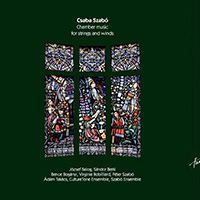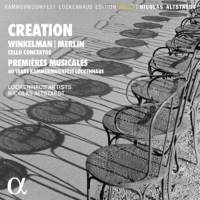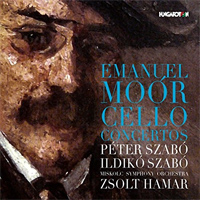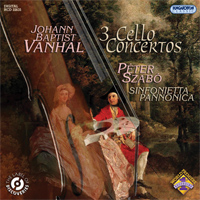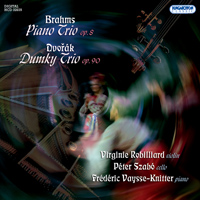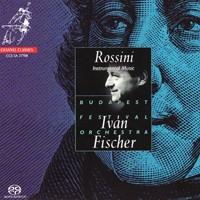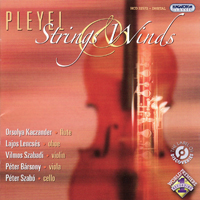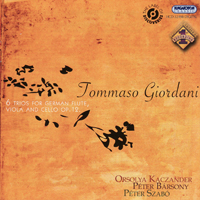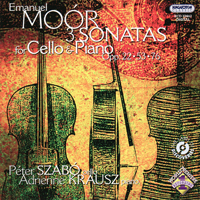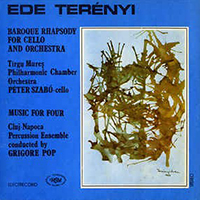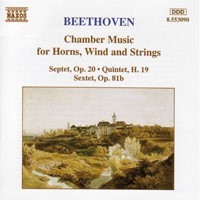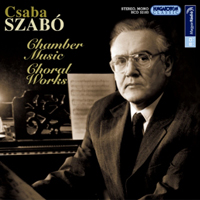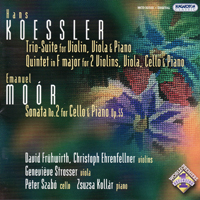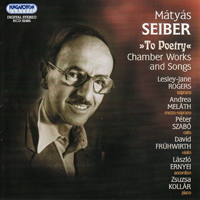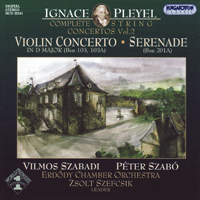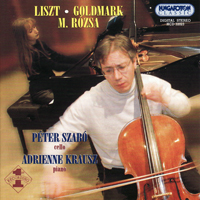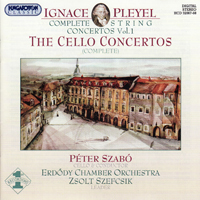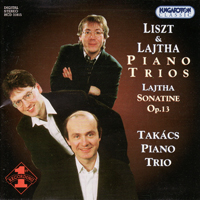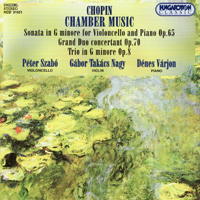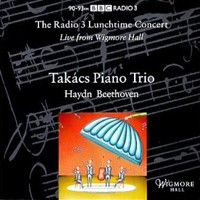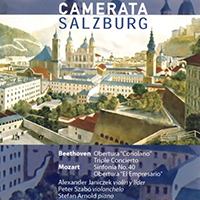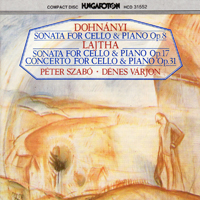Our Sunday Philharmonics
For the last couple of years we have mentioned repeatedly the crisis of the National Philharmonics in connection with the collapse of the paternalist state’s cultural monolith. But now that they have produced three (!) concert events in one day at the Academy of Music, we have to admit that the biggest concert orchestra of our country has risen from the dead, revived and rediscovered itself.
Sunday morning, the 6 November I had the opportunity to go to the Grand Hall concert and listen to the Russian Romantics programme, a performance of the National Concert Orchestra conducted by Kobajasi, and participate in the frantic applause. They repeated it in the evening, filling the house to capacity again, and as I have heard, with even greater success. I could not be there the second time because I was in the Chamber Hall getting to know the style and individual voices of some young artists performing wonderful French chamber music pieces. On both occasions I could feel that Budapest was able to produce the standard of a metropolis of the music world even on a normal Sunday un- connected to any festivals, anniversaries or other flagship events, rather, it created a fest by itself offering pleasure, refreshment and recreation. It also occurred to me that while the existence of competition, or to put it more elegantly, the existence of a cultural market economy maybe uncomfortable, it certainly is healthy. It definitely does good to the Philharmonics.
This Sunday was marked with an NF abbreviation in my diary, and I do not feel the slightest regret as concerns spending my Sunday with the National Philharmonics. Kobajasi handled Rimsky-Korsakov’s Seherezade with the sensitivity of a man who was brought up with the colours, pompous richness, spicy fragrances and magical secrets of Eastern tales –which is expected given that he has Eastern genes and Eurasian erudition. But the sound, sensual beauty, strength and sparkle that his musicians achieved were the results of his inspiring power, individual talent, personality and aura; his Apollo character - which András Pernye discovered years ago as winner of the Hungarian Television I.’s conducting competition. The rich and silky violin voice of András Kiss, the perfectly elaborated cello solos of Tamás Koó and the excellent brass orchestra (and the other instrumental achievements that Kobajasi rewarded publicly with loving gestures) had an exceptional collective sound effect. In the second part, Mussorgsky-Ravel’s Exhibition with the image of the star strewn clock exerted a cathartic effect on the charmed audience and transformed the instrumentalists magically into musician-wizards.
The concert of Péter Szabó (cello), Dénes Várjon (piano) and Éva Viniczai (violin) had a completely different atmosphere, one of closer intimacy typical of chamber music. The auditorium was not full, yet this event would have deserved full attention. The concert started with Chopin’s Sonata in G minor and within a few minutes it became clear that the musicians are well accustomed to one another and are on common ground professionally: Dénes Várjon and Péter Szabó had been working together for years and many successful recordings and concerts enable assessment of their joint work. In their interpretation, the Franck Sonata in A major, which is a delicate piece also due to its popularity, became the gem of the evening; Ravel’s rarely performed but brilliant duo sonata gleamed but also stayed cool in the interpretation of Péter Szabó and Éva Viniczai.
Mária Kerényi
Translation by Susan Kapás
Új Magyarország
November 1994
Without sordino


